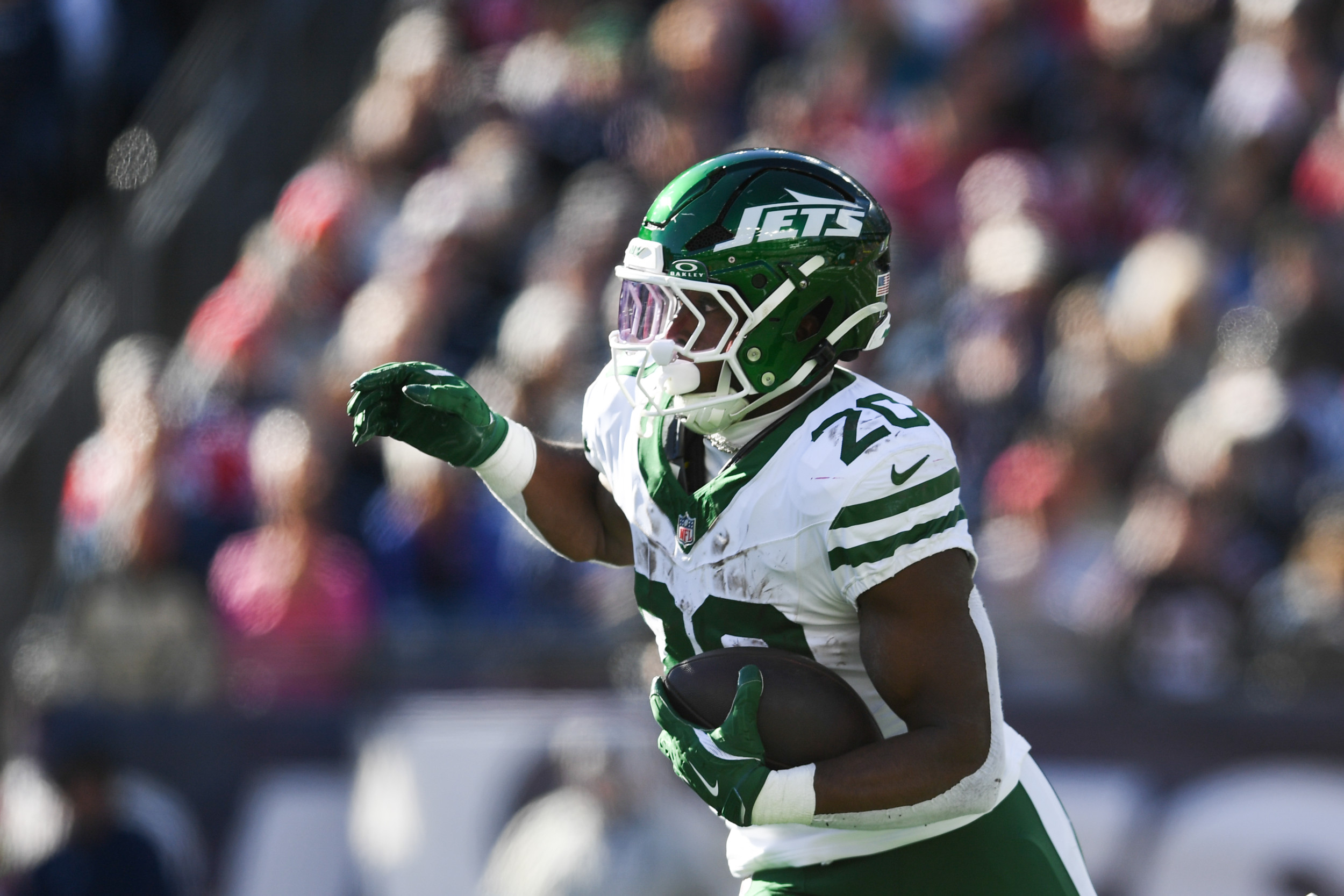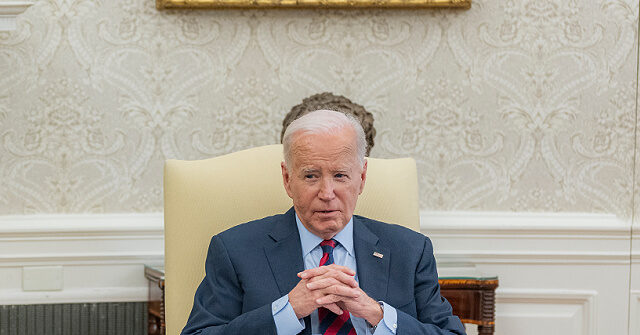“I imagine him to still be very fit, and very capable,” Johnson said of Nash. “I imagine him to be wiser, and more thoughtful about things.”
“He would still slap the crap out you,” he added, using a cruder term. “But he’d think about it first, and make sure it was coming from a good place.”
The decades since “Vice” first made Johnson a star, in 1984, have given him plenty of material. They have, in fact, been the stuff of legend — not all of which is verifiable, and not all of which he remembers. He married Melanie Griffith (twice), set a world record in powerboat racing and released two hit singles (one with his then-girlfriend Barbra Streisand). There were struggles with substance abuse, stories of women’s underwear virtually raining from open windows. There was Miami in the ’80s.
Along the way, Johnson had five children, including a daughter, Dakota (of the “Fifty Shades” franchise), who is racking up A-list anecdotes herself these days. More recently, he has undergone a kind of renaissance, transforming himself from a leading man into a versatile character actor, specializing in a kind of winkingly scuzzy, unreconstructed American male in films like “Machete” (2010) and “Django Unchained” (2012), and in TV shows like “Eastbound & Down” (2009-13).
When Johnson first took on the role of Nash Bridges, he had been looking for a change. Despite the structural similarities of “Bridges” and “Vice,” its two lead characters were very different. While Sonny skewed toward the tormented and dour, Nash was upbeat and funny, quick with a snappy line. Johnson appreciated the break.
“I’d just done a stint on ‘Miami Vice’ for five years, and the show and the character had just gotten darker and darker,” he said. “After a while, it was like, how dark and desolate and without hope can we make Sonny? And I said, ‘I’m not doing that again.’”




















Discussion about this post